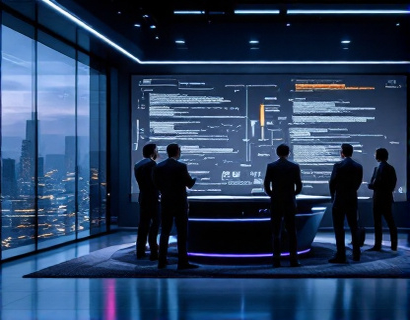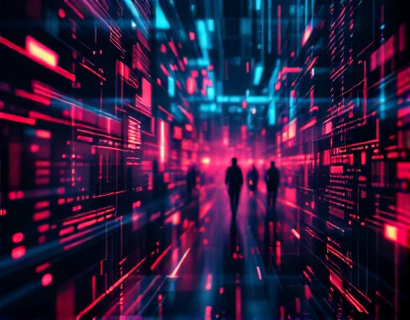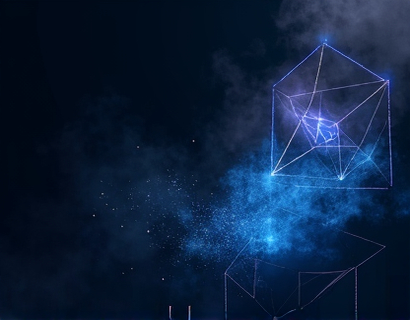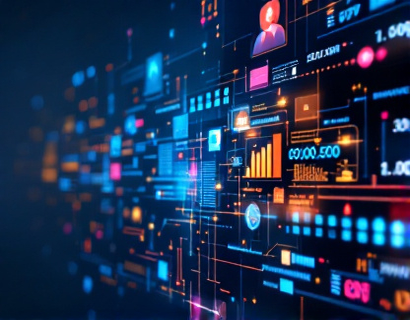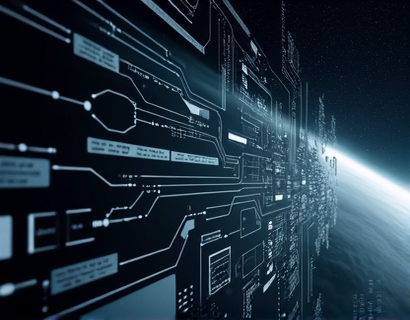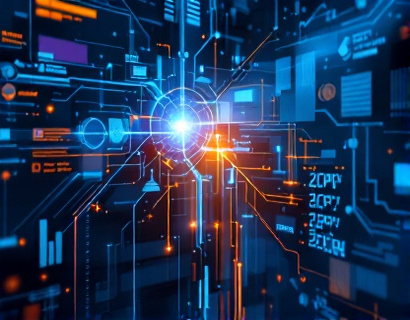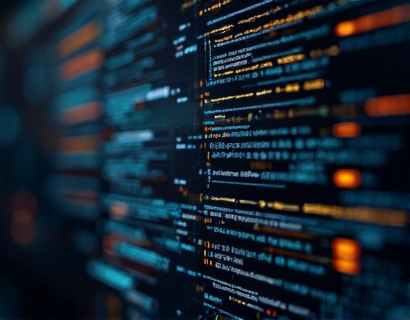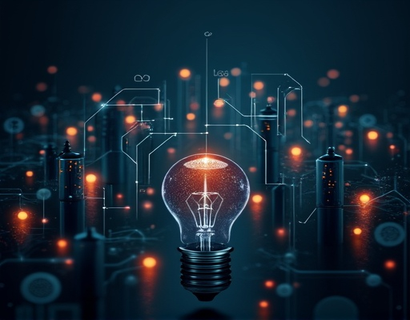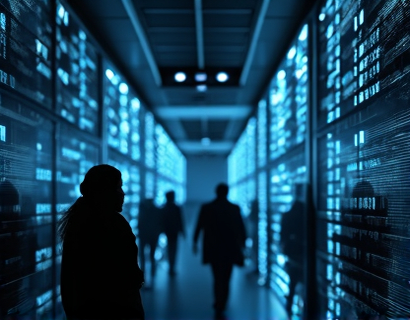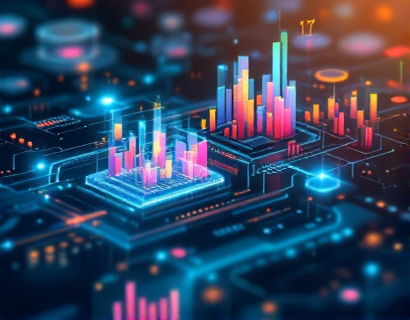Unlocking Next-Gen Potential: Leveraging AI and Crypto for Transformative Eco-System Solutions
The intersection of artificial intelligence and cryptocurrency is giving birth to a new era of technological innovation, one that promises to redefine digital interactions and experiences. This fusion, often referred to as tech-fusion, is not just a trend but a fundamental shift in how we perceive and utilize technology. At the heart of this transformation are eco-systems that integrate AI and crypto to create applications and services that are more efficient, secure, and user-centric. This article delves into the dynamics of this fusion, exploring how it is shaping the future and providing insights for tech-savvy innovators and early adopters.
The crypto space has always been at the forefront of adopting and pushing the boundaries of AI technology. Blockchain, the foundational technology of cryptocurrencies, inherently supports decentralization, transparency, and security—attributes that align perfectly with AI's requirements for data integrity and privacy. The synergy between these two domains is creating a fertile ground for the development of next-generation applications that leverage the strengths of both technologies.
AI-Driven Crypto Innovations
One of the most significant areas where AI is making an impact in the crypto world is in the realm of smart contracts. Traditional smart contracts are limited by their predefined rules and lack the flexibility to adapt to unforeseen circumstances. AI-enhanced smart contracts, however, can learn from data patterns and adjust their behavior dynamically, ensuring more robust and adaptive contract execution. This capability is particularly valuable in complex financial transactions and decentralized applications (dApps) where flexibility and responsiveness are crucial.
Another area is in the optimization of blockchain networks. AI algorithms can analyze network traffic, predict congestion, and optimize resource allocation in real-time, leading to faster transaction processing and lower fees. This not only enhances user experience but also makes blockchain technology more accessible and practical for everyday use. Projects like Optimism and Arbitrum are leveraging AI to improve Ethereum's scalability, demonstrating the tangible benefits of this integration.
Enhanced Security Through AI and Crypto
Security is a paramount concern in both AI and crypto domains. The fusion of these technologies offers robust solutions to mitigate risks and enhance protection. AI can detect anomalies and potential threats in real-time, using machine learning models trained on vast datasets to identify patterns indicative of malicious activities. This proactive approach to security is a significant upgrade from traditional methods that often rely on reactive measures.
In the context of crypto, AI-driven security solutions can prevent fraud, detect phishing attempts, and ensure the integrity of transactions. For instance, AI-powered identity verification systems can authenticate users with high accuracy, reducing the risk of unauthorized access. Additionally, AI can enhance the security of private keys and wallet management, providing users with more secure and convenient ways to handle their digital assets.
Personalized User Experiences
The integration of AI and crypto is not just about backend improvements; it's also about creating personalized and seamless user experiences. AI algorithms can analyze user behavior and preferences to offer tailored recommendations and services. In the crypto ecosystem, this means that users can receive customized investment advice, portfolio management tools, and even personalized NFT collections based on their interests and risk tolerance.
Decentralized finance (DeFi) platforms are at the forefront of this trend, using AI to provide users with personalized financial products and services. These platforms can automate complex financial tasks, such as portfolio optimization and risk management, making advanced financial tools accessible to a broader audience. The combination of AI's analytical capabilities and crypto's decentralized nature is revolutionizing the way people interact with financial systems.
Decentralized AI Marketplaces
One of the most exciting developments in the tech-fusion space is the emergence of decentralized AI marketplaces. These platforms leverage blockchain to create a transparent and fair ecosystem where AI models and data can be bought, sold, and shared securely. AI models trained on vast datasets can be monetized by their creators, while users can access high-quality AI services without the need for intermediaries.
Projects like SingularityNET and AI Marketplace are pioneering this concept, allowing developers to build and deploy AI applications using decentralized resources. This not only democratizes access to AI technology but also fosters innovation by enabling a diverse community of developers to collaborate and share resources. The use of cryptocurrencies in these marketplaces ensures secure transactions and incentivizes participation, creating a self-sustaining eco-system.
Challenges and Considerations
While the potential of AI and crypto fusion is immense, there are several challenges that need to be addressed. One of the primary concerns is regulatory compliance. The crypto space is still navigating a complex landscape of regulations, and the integration of AI adds another layer of complexity. Ensuring that these technologies comply with existing laws while advocating for supportive regulatory frameworks is crucial for their widespread adoption.
Another challenge is the technical hurdle of integrating AI with blockchain. Blockchain's inherent limitations, such as scalability and interoperability, need to be overcome to fully harness the potential of AI. Research and development in areas like sharding, layer 2 solutions, and cross-chain interoperability are essential to address these issues.
Future Outlook
The future of AI and crypto fusion is bright, with numerous possibilities on the horizon. As technology continues to evolve, we can expect to see more sophisticated applications that combine the strengths of both domains. For instance, the development of AI-powered oracles that can accurately fetch and verify off-chain data for smart contracts will enhance the functionality and reliability of decentralized applications.
Moreover, the rise of Web3 and the Metaverse presents new opportunities for AI and crypto to collaborate. In these immersive digital environments, AI can enhance user experiences through personalized avatars, dynamic content generation, and intelligent NFT interactions. The integration of these technologies will not only transform how we interact online but also redefine the concept of digital ownership and identity.
In conclusion, the fusion of AI and crypto is unlocking a new era of technological innovation, offering transformative solutions that are redefining digital interactions and experiences. For tech-savvy innovators and early adopters, this is an exciting time to explore and contribute to this evolving eco-system. By embracing the potential of AI and crypto, we can create a more secure, efficient, and user-centric future.




